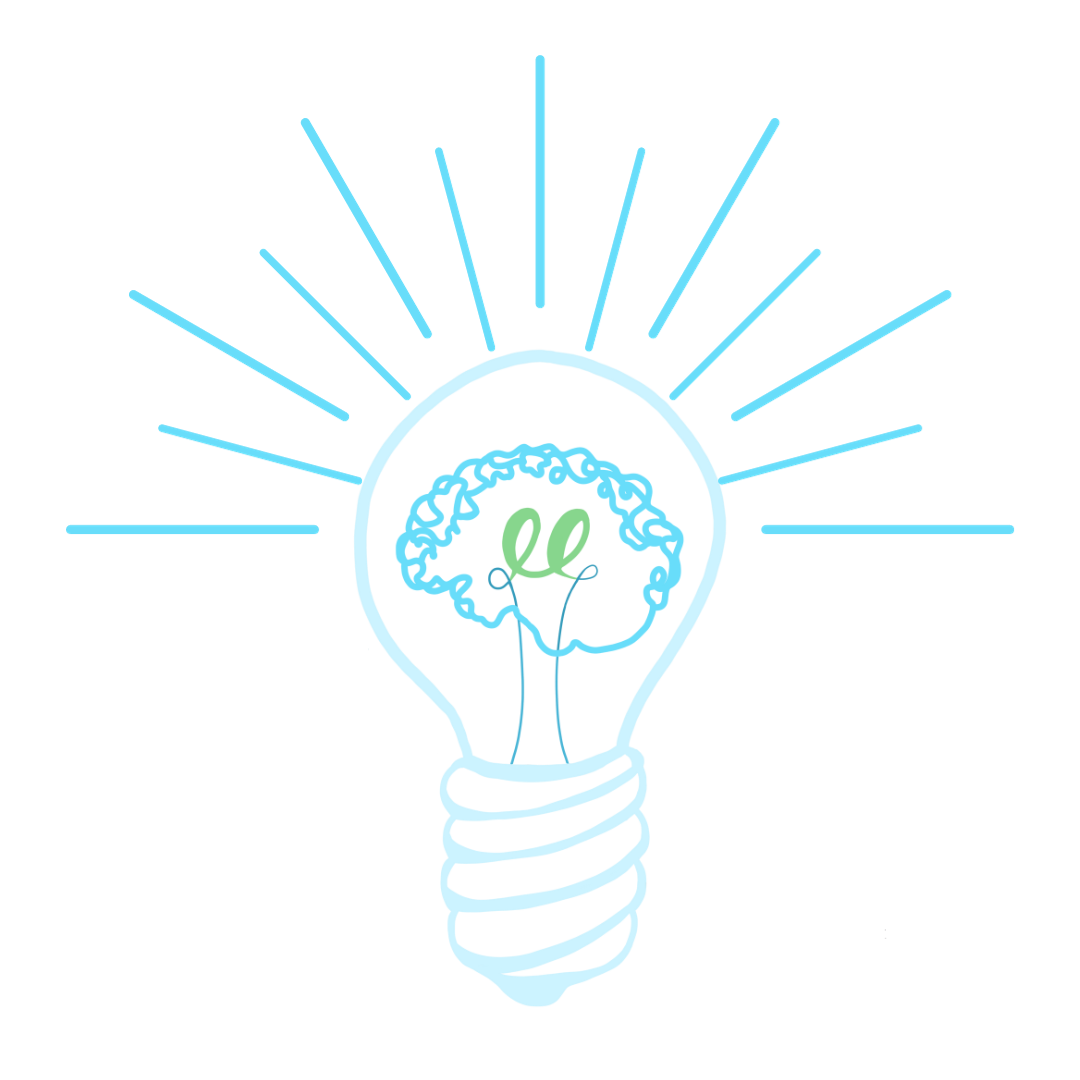The Return on Investment of Accountability
Did you know…
Sharing with another person what your specific goal is and meeting with them regularly (weekly) to update and check in about that goal increases your likelihood of accomplishing that goal 95%!!!!
According to the Association for Talent Development, the following is a breakdown on the likelihood of accomplishing a goal with varying levels of accountability and support:
-
- Having an idea or goal: 10%
- Consciously deciding that you will do it: 25%
- Deciding when you will do it: 40%
- Planning how to do it: 50%
- Committing to someone that you will do it: 65%
- Having a specific, recurring accountability appointment with someone you’ve committed to: 95%

Here are some ways that accountability can look:
✅Having a regularly scheduled 50/50 call with your biz bestie where half the call you share your wins, challenges, and goals you’re working on and the other half they do
✅Setting up weekly co-working sessions with colleagues, friends, where you check in at the beginning to share the goals for that work time, and follow up at the end to celebrate wins
✅Working with a therapist weekly
✅Participating in a group coaching experience where you show up to live sessions and office hours to get feedback or workshop challenges
✅Working 1:1 with a coach where you meet regularly live, process wins and trouble shoot challenges, set a new goal for the next week, and check in asynchronously in between
✅Write a post about your goal on social media, or an online community space that you trust
Sharing our goals out loud is vulnerable. You might feel churny in your belly about it. That’s ok. If this is something new for you, of course your body is going to have resistance to the unfamiliar.
And also, when finding a person to connect with you in accountability, there HAS to be a foundation of mutual and reciprocal trust, respect, and honoring of boundaries.
The key is to set up accountability with people who hold you without judgement or shame. It is normal that you won’t always meet your goal. And so having someone in your corner to support you and point out what progress you did make even if not the whole way, is essential.
Can you think of someone in your personal or professional life that you can buddy up with to share accountability?
If you’re looking for accountability with a trauma-informed, shame-free, here-to-help-you-thrive coach, I’d love to have a conversation with you about how I can support you in reaching your goals! Click the button below to start a conversation!
















